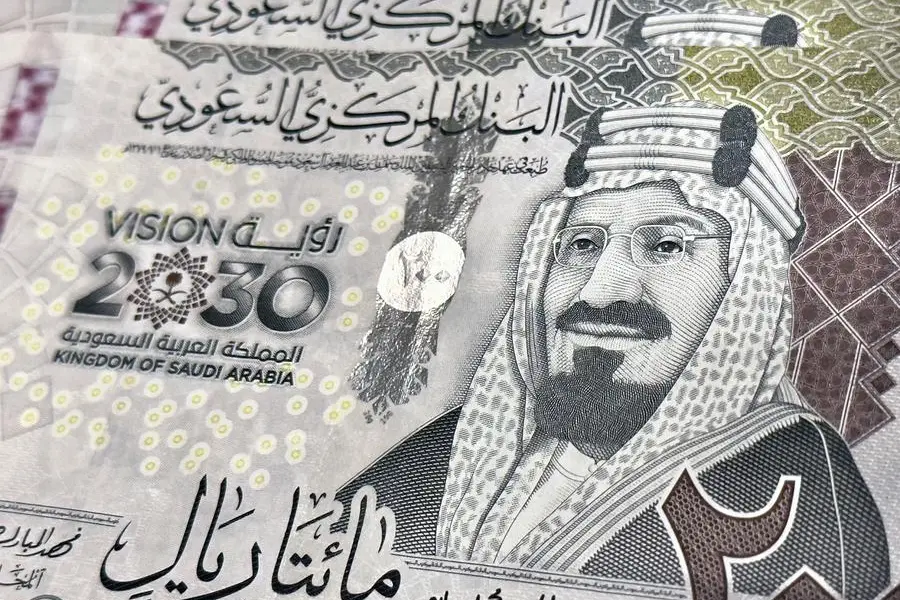PHOTO
Saudi Arabia’s GDP crossed the $1 trillion mark for the first time in 2022, fuelled by robust investment from the private and public sectors, non-oil revenue growth and continued diversification, PwC said in its inaugural “Saudi Economy Watch” report.
The economic success has propelled Saudi Arabia to the 17th position in the global rankings, boasting the largest GDP size in 2022 and targeting 15th place by the year-end.
The Kingdom can achieve $1.3 trillion in fiscal revenue by the end of 2028, the report said, citing the International Monetary Fund (IMF) forecast.
According to PwC, the Kingdom’s non-oil private sector grew 5.8% year-on-year (YoY) in Q2 2023, surging 13.9% compared to 2019. Conversely, growth in the non-oil government sector slowed to 3.8% YoY, while the oil sector contracted by 4.3% YoY due to production cuts.
Non-oil revenues grew by two and a half times the baseline of $163 billion to $411 billion in 2022, with expectations of a further 11% increase this year, PwC said.
The report reviewed the Kingdom’s ongoing performance across several economic targets at the midpoint towards achieving Vision 2030’s goals.
Female workforce participation rose to 36% in Q1 2023, beating the 2030 target of 30%, supported by social liberalisation and Saudisation policies. This resulted in a boost to household incomes, which has been a critical factor in rising consumption and broader economic growth.
Meanwhile, homeownership among Saudi nationals expanded from 47% to 67%, surpassing the US and France. These strong results can be attributed to a range of initiatives to boost the supply of affordable homes, including a tax on undeveloped urban land and improved access to finance.
The report said that the 2030 target of 70% homeownership is now close to being achieved.
Economic diversification initiatives are bearing fruit, thanks to the commitment of the public sector to major non-oil investments, the report said.
(Editing by Brinda Darasha; brinda.darasha@lseg.com)





















